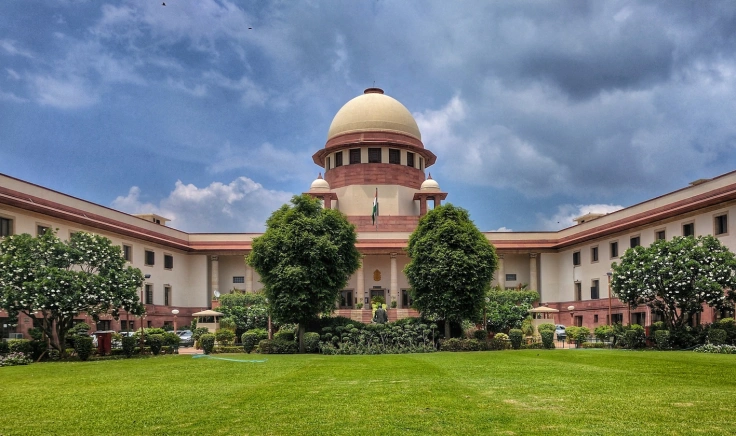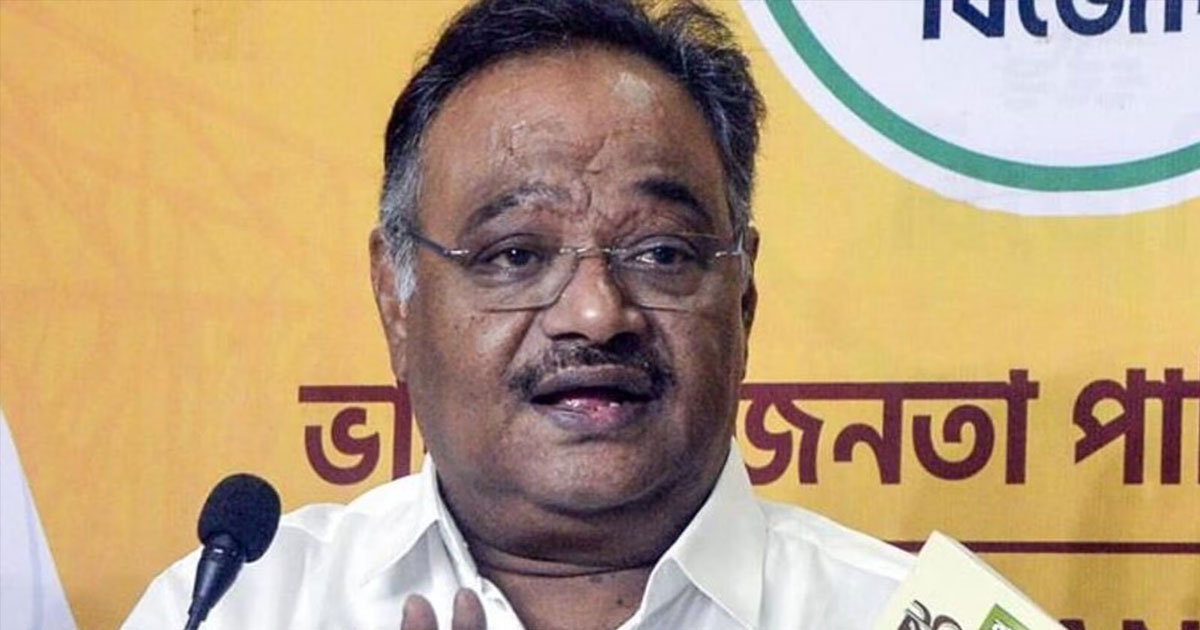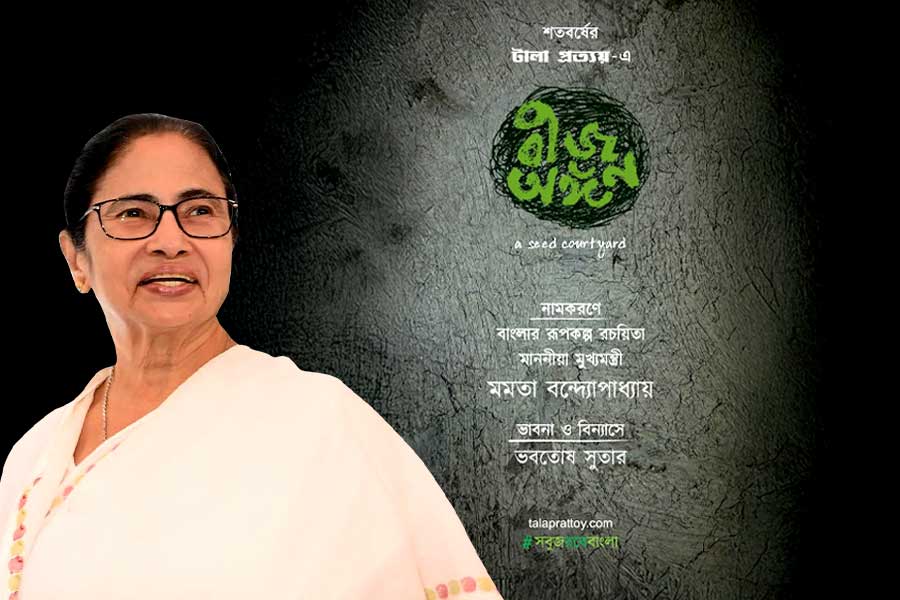In a landmark decision that reverberates through the corridors of power, India’s Supreme Court has delivered a blow to the opaque realm of political funding by striking down electoral bonds. These controversial instruments, introduced in 2017, were hailed by the government as a tool to promote transparency in political financing. However, critics argue that electoral bonds have only served to cloak the flow of dark money into the political arena, undermining the very foundations of democracy.
The Supreme Court’s verdict, which declares electoral bonds as ‘unconstitutional’, raises fundamental questions about the integrity of India’s electoral process. At the heart of the matter lies the issue of transparency and accountability in political funding. Electoral bonds, which allowed individuals and corporations to make anonymous donations to political parties, effectively shielded donors from public scrutiny, eroding the principles of transparency and accountability.

The decision to scrap electoral bonds comes amidst growing concerns about the influence of money in politics and its corrosive impact on democratic institutions. For years, critics have sounded the alarm over the rampant use of black money and illicit funds to bankroll political campaigns, often leading to quid pro quo arrangements and the subversion of public interest.
By striking down electoral bonds, the Supreme Court has taken a decisive step towards restoring faith in India’s democratic institutions and upholding the principles of transparency and accountability. However, the road ahead remains fraught with challenges. The issue of political funding is deeply entrenched in India’s political landscape, with powerful vested interests at play.
As the country grapples with the aftermath of this landmark ruling, key questions linger: What will be the implications for future elections? How will political parties adapt to the new realities of transparent funding? And most importantly, what measures will be put in place to ensure that the voices of ordinary citizens are not drowned out by the influence of money and power?

In the quest for answers, one thing remains clear: the fight against corruption and the defense of democratic values is an ongoing struggle that requires constant vigilance and unwavering commitment. The Supreme Court’s decision to scrap electoral bonds is a significant milestone in this journey, but it is only the beginning. As citizens of a vibrant democracy, it is incumbent upon us to hold our elected representatives accountable and demand the highest standards of integrity and transparency in the conduct of our political affairs.
In the final analysis, the verdict against electoral bonds is not just a legal judgment; it is a reaffirmation of the principles that lie at the heart of democracy – the principles of transparency, accountability, and the rule of law. As India charts its course towards a brighter future, let us heed the call to question corruption and stand firm in our resolve to build a more just and equitable society for all.









